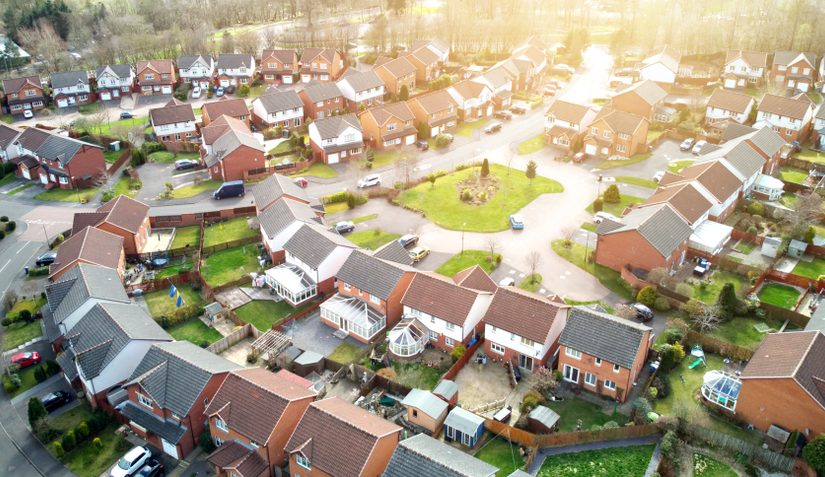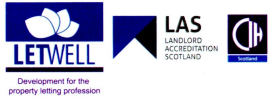The recent Budget has ramifications for all of us – with the Chancellor setting out levels at which we pay income tax, fuel duty prices and the all-important “sin taxes” around cigarettes and alcohol. What, therefore, does the Budget 2018 mean for property?
Stamp Duty
Stamp duty has been abolished for all first-time buyers of shared ownership homes (whereby the buyer purchases a share of a home, with the local council or housing association owning the remainder) up to a value of £500,000. The policy will be retrospectively applied from the 2017 budget meaning those who already bought a shared ownership property within the past year will also benefit from the change. Further to this, first-time buyers do not pay any stamp duty on homes below £300,000.
Stamp duty rates in Scotland are now as follows:
- First £145,000: 0% (£175,000 for First Time Buyers)
- £145,001 to £250,000: 2%
- £250,001 to £325,000: 5%
- £325,001 to £750,000: 10%
- £750,000+ : 12%
Help To Buy Scheme
There are a few changes being made to the Help to Buy scheme, one of the key points being that the term has been extended to 2023. Further to this extension, the new iteration of the scheme from 2021 to 2023 will only be available to first-time buyers rather than to all, as is the case with the current scheme.
Overseas Investors
A new tax will be introduced for overseas investors, the revenue from which will be used to tackle homelessness across the country. Overseas investors will face an extra charge of 1% to 3% when they buy a UK property, in addition to current stamp duty charges. As well as using the revenue to tackle the increasing problem of homelessness, the intended effect is to dissuade some of the rife competition from the London market which is making purchasing increasingly difficult in the capital.
New Homes
Although the Help to Buy scheme is being extended by two years, there are fears that the cessation of the scheme will slow down new-build homes as there will be fewer buyers able to purchase. The government is intending to give an extra £500 million to councils through the Housing Infrastructure Fund in order to promote the building of new homes and avoid any slowdown in the production of new properties.
Transformed High Streets
As part of a billion-pound boost to the UK’s struggling high streets, the Chancellor has announced a £675 million fund to help councils support their retail zones through this difficult period. An unexpected result of this could be the redesigning of empty retail units into homes – with the chief executive of the Federation of Master Builders, Brian Berry, estimating that as many as 400,000 new homes could be created by making use of empty space above shops on high streets.
Group Office Owner Jim Parker said: “Stamp duty is one of the biggest cons in the government’s history. Raising taxes on what is a necessity while not actually adding any value to the transaction at all or putting anything back into the system. Plus the 3% extra duty on 2nd homes has not solved the initial problem at all, which was to stop overseas buyers.”



